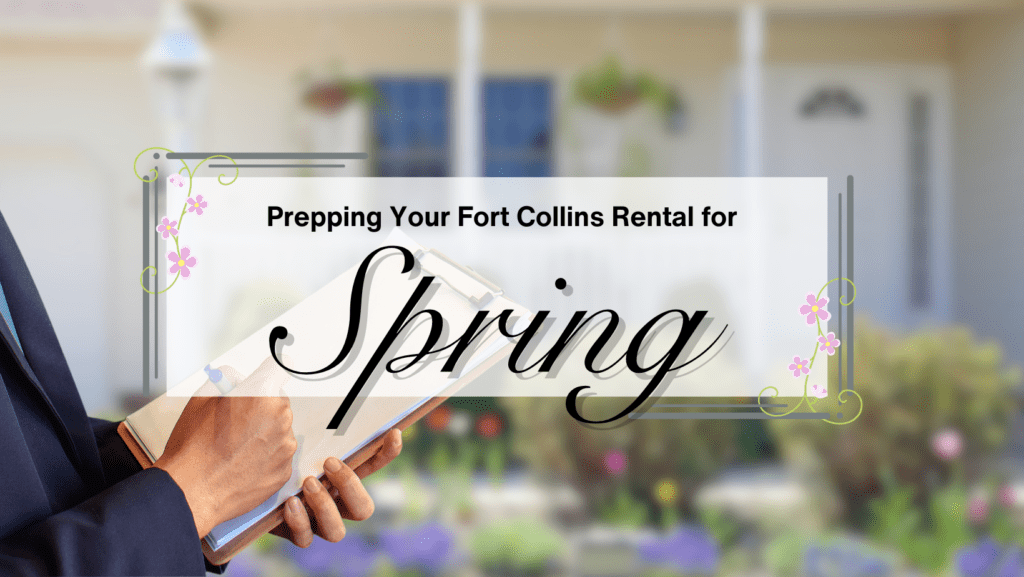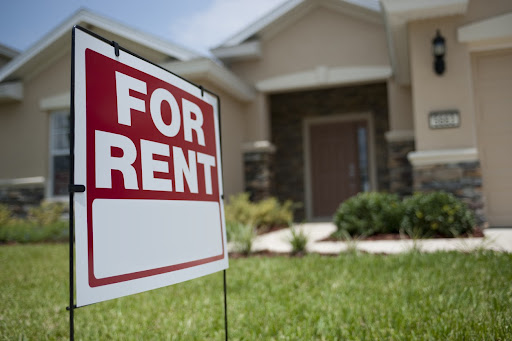Renting a home does come with a lot of advantages. For one, it gives you the freedom to move. It also comes with the benefit of not being responsible for paying for regular repairs or necessary upgrades, or even property taxes for that matter! For those reasons and more, many actually choose to stick with renting a home. That being said, there are still things that tenants are responsible for and should really take to heart when it comes to renting the place they call home. So what tenant tips can you follow to be a stellar tenant and make the most of your renting experience?
![]()
Tenant Tips and Essentials
Research the Area
Location really is an important part of real estate. What you may have not known is that it’s just as crucial for a tenant to research the area as any landlord or real estate investor. After all, you’ll be living there for at least a year, right? Avoid getting stuck in an area you hate by doing your homework. Drive through the potential neighborhood at different parts of the day to get a good feel for it. Look up local crime rates and check out what amenities are nearby. Is it close to work? Are convenient shopping and restaurants close by? How’s travel access? What about parks and local attractions? Knowledge is power, so take advantage of the resources available before signing a lease.

Read Your Lease
Seems simple enough, right? Surprisingly, the number of people who don’t read their lease is rather staggering. This leads to problems down the road when certain issues come up that you didn’t know were a requirement or responsibility. So be thorough. Read your lease carefully before signing it and don’t be afraid to ask questions. That way you know your responsibilities and what’s expected of you before you move in.
Complete A Move-in Inspection
Most landlords and property managers provide move-in checklists for tenants to fill out at the start of the lease. This provides a way for tenants to document the current condition of the home and note any preexisting damage so they’re not held responsible for those at the end of the lease. No one wants to pay for someone else’s damage, so be sure to complete this as soon as you can and return it to your landlord. And don’t forget pictures! Pictures speak louder than words and help clarify exactly what you mean.
Consider Renter’s Insurance
Did you know that your landlord’s homeowner’s insurance policy doesn’t cover your belongings in the event damage occurs? Fire? Nope. Flood? Na-uh. Burglary? Not likely. House sprouts legs and runs away? Certainly not. For that reason, it’s important to consider getting a renter’s insurance policy in order to protect your assets. Many renter’s insurance policies can be added to existing ones you already have (i.e. car insurance, etc.) for a small additional cost, so be sure to talk to your insurance agent about your options. Better to be safe than sorry!
Set Up Automatic Payments
Almost everything can be paid online these days. And with online payments comes the ease of automation. Why run the risk of forgetting to pay when you can rely on technology to do it for you? Talk to your landlord about your options for automatic payments. That way you won’t ever have to worry about being late. And if your landlord doesn’t offer automatic or online payments, you can still take advantage of technology. Set up monthly reminders in your phone or computer to help stay on top of your bills.
Report Maintenance Issues Immediately
Be it a strange noise from the fridge or a leaking water heater, it’s important to report all maintenance issues as soon as they occur in order to prevent possible further damage to the home you’re living in. While not every repair is an emergency, it’s still important for tenants to do their due diligence and report the problem. And once reported, be sure to work with your landlord and their chosen vendors to schedule the repairs. As soon as things have been completed, let your landlord know the issue has been resolved.
Know the Rules
Are you allowed to paint the home you’re renting? How about parking spaces? Holiday decorations? Every home and lease comes with its own set of rules that you, as the tenant, have to follow. These include rules in the lease, like making changes to the property itself, and those outlined by the Homeowner’s Association (HOA) if applicable. And every HOA is different. Be sure to ask your landlord if your home falls within an HOA, and, if so, request a copy of the rules and regulations so you know what to expect. And if you do want to make modifications, like paint a room, be sure to get your landlord’s approval in writing before you proceed. If not, you could wind up with a lease violation.
Maintain a Good Relationship
Your landlord isn’t your adversary. They’re simply a provider of an important service that’s essential for all human beings. Just as landlords should treat their rental as a business, tenants should also treat the relationship with their housing provider as a professional one. Be civil and respectful, even when things go wrong. Doing so helps to keep the lines of communication open and can even help your landlord be more open and willing to work with you on future issues. It all comes down to the age-old saying of treating others the way you want to be treated and helps to make your rental experience a positive one!
Everyone needs a place to call home, whether they rent or own. So if you choose to rent, remember to take these few things to heart: take care of the place you call home; treat it and your landlord with respect; and know what’s expected of you. Easy enough, right? Follow these simple tenant tips and you’re well on your way to achieving that!





